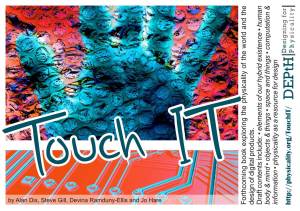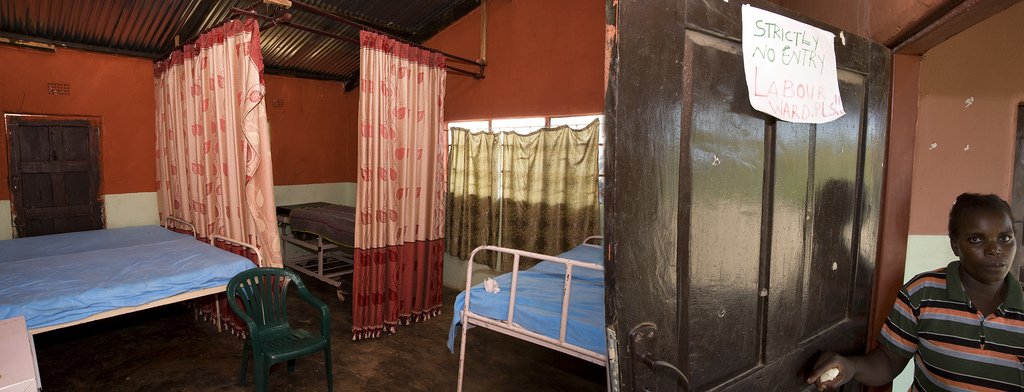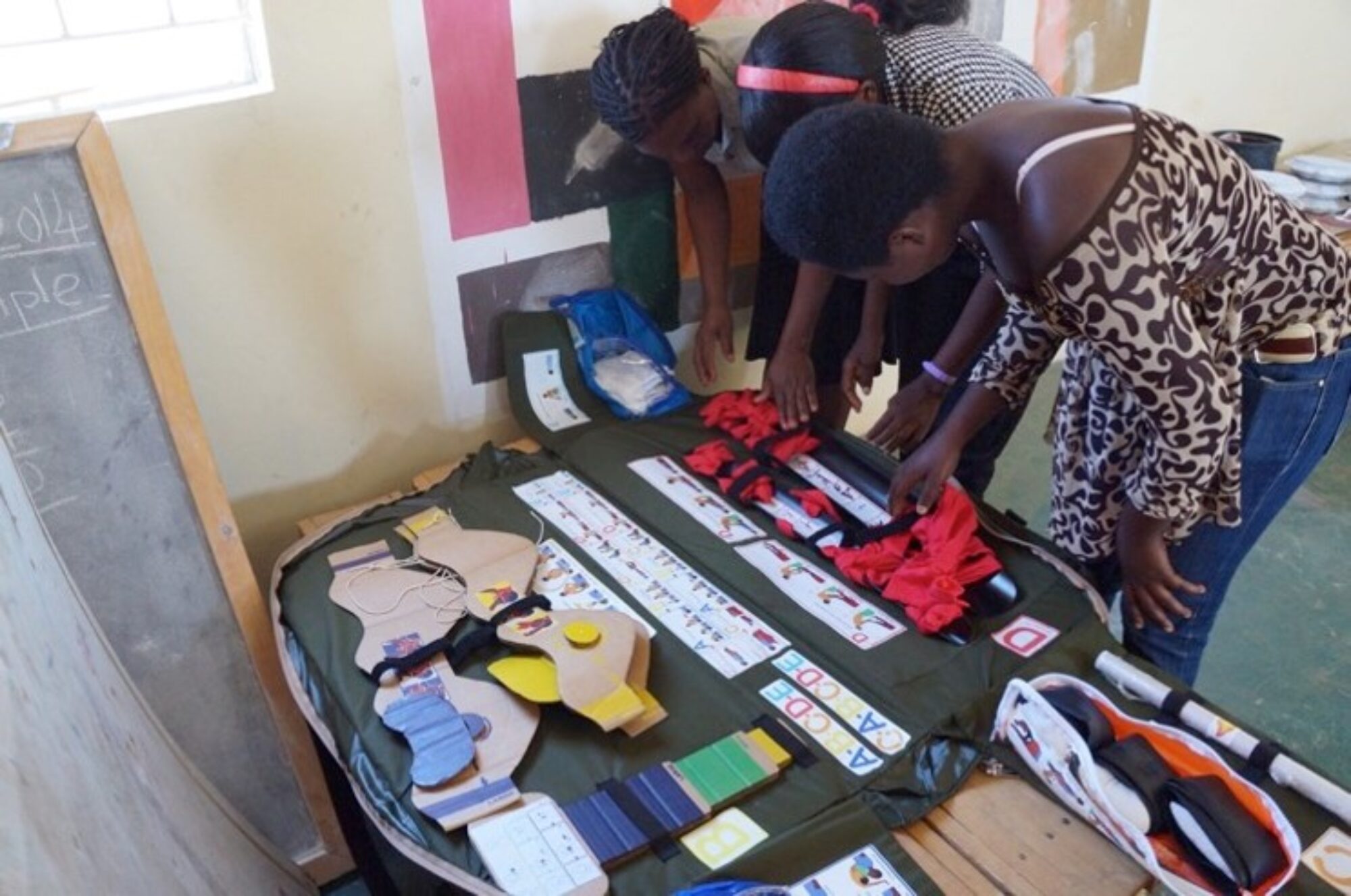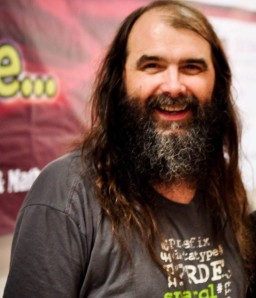Welcome to WordPress. This is your first post. Edit or delete it, then start writing!
UCD-R Congratulates Dr Jo Hare
UCD-R are delighted to announce that Jo Hare will shortly complete her PhD. The examination board elected to award her a doctorate subject to minor corrections.
TouchIT to be published in 2015
 We are delighted to announce that we have signed a publishing deal with Oxford University Press to publish Touch IT, a book about physicality and how it impacts design. Written by Alan Dix and Steve Gill with input from Jo Hare and Devina Ramduny-Ellis, Touch IT is the final output of the DEPtH project funded as part of the AHRC/EPSRC funded Designing for the 21st Century Initiative. During the writing and production process we will post drafts and selections of material on this website.
We are delighted to announce that we have signed a publishing deal with Oxford University Press to publish Touch IT, a book about physicality and how it impacts design. Written by Alan Dix and Steve Gill with input from Jo Hare and Devina Ramduny-Ellis, Touch IT is the final output of the DEPtH project funded as part of the AHRC/EPSRC funded Designing for the 21st Century Initiative. During the writing and production process we will post drafts and selections of material on this website.
Alan to give lecture on his Walking Wales project
Wednesday 17th April 2013
Visiting Professor Alan Dix
Time: 5.45pm for 6pm start
Lecture Theatre O1.01, Cardiff School of Management Building, Llandaff Campus
More details here plus how to book at : http://www.uwic.ac.uk/staffemails/lectureseries2012/Treading-out-Technology-abstract.html
Straight after this lecture Alan will be walking around Wales following the Wales Coast Path that opened last May and Offa’s Dyke long distance path up the borders. This is partly a personal journey reconnecting with the country of his childhood, but also a technological journey investigating the IT needs of the walker and the local communities through which he will pass.
Some of this will be mundane technologically speaking, but hopefully transformative in practice. However, he also expects to be pushed to the limits cartographically and theoretically. One set of challenges will be related to the Semantic Web linking data together from many separate sources; another will be related to the areas of limited or non-existent mobile signal – being part of global network whilst disconnected.
At the heart of the walking experience is the map. It has never been easier to use high-quality digital maps with Google Maps mash-ups and the Ordnance Survey’s Open Data. However, local town plans and hand-made maps, such as the Cardigan knitted map, are rarely the standard maps of the atlas; instead they embody local knowledge and community interests – often quirky, always engaging.
A commitment to use where appropriate these non-standard local maps symbolises a broader political and social question. In an age of global communications, those on the geographic, social and economic margins can often end up further marginalised. Can we appropriate the global network to benefit those on the edge, whilst still valuing roots of locality?
CSAD appoints Alan Dix as Visiting Professor
The Cardiff School of Art & Design has appointed Prof. Alan Dix Visiting Professor of Human Computer Interaction effective from today. Alan has a formidable international reputation and we in PAIPR look forward to continuing our long standing and highly enjoyable association with him and to developing new working ventures in the coming years.
Steve to give talk at LICA


On Thursday 29th November Steve will be giving an invited talk at Lancaster University’s Lancaster Institute for the Contemporary Arts (LICA). The talk will be on the design challenges faced by those who wish to develop products properly suited to the illogical imperfect beings each of us are.
Ian moves on to pastures new
After 5 years with PAIPR and 9 years at Cardiff Met, Ian has moved on to a new job at product design consultancy Kinneir Dufort. He takes with us his best wishes for what we know will be a bright future.
Steve talks bollards to the Tiree public
Steve gave a public talk on product design to the inhabitants of Tiree as part of the schedule for the fourth Tiree Techwave event. He covered a range of design examples from the traffic calming bollards used on the island (which he designed) to the uses of product design techniques in the development of surgical implants. Run by Alan Dix, the Techwaves are hands-on making and meeting events ‘exploring the edges of technology on the wild edge of Scotland’. Twitter: @tireetechwave. Techwave 4 was also attended by Gareth and Claire as well as other colleagues from outside PAIPR, Alexandros Kontogeorgakopoulos and Olivia Kotsifa and several undergraduate students.
Clara in Zambia
 Clara has just returned from her first trip to Chongwe, Zambia. She joined a Mothers of Africa team of Engineers, Doctors and Anaesthetists and carried out some initial ethnographic research that will form the basis of her PhD’s Primary research. The trip was a great success. She was able to meet a range of interesting people and visited a number of exciting locations, including rural health posts, district hospitals, medical schools and Chinese built health facilities.
Clara has just returned from her first trip to Chongwe, Zambia. She joined a Mothers of Africa team of Engineers, Doctors and Anaesthetists and carried out some initial ethnographic research that will form the basis of her PhD’s Primary research. The trip was a great success. She was able to meet a range of interesting people and visited a number of exciting locations, including rural health posts, district hospitals, medical schools and Chinese built health facilities.
The trip enabled her to witness and gain an understanding of the issues that must be addressed when designing products for people who live very different lives from our own. Beyond this she was able to learn and experience how aspirations, life style choices, religion and gender, have a major impact on both the appropriateness and availability of products.
4th International Workshop on Physicality to take place in Birmingham

Physicality 2012 is the 4th International Workshop aimed at exploring design challenges, theories and experiences in developing new forms of interactions that exploit human physical interaction with digital technology. Physicality-based interactions extend feedback beyond the visual, thus emulating the experiences gained through our interaction with the world via our non-visual senses and control capabilities such as gesture, speech, touch and haptic. Also, the body parts used for interaction stretch out from the finger to the palm, arm and even the whole body.
This multi-disciplinary workshop will bring together researchers from industry and academia. We welcome participation from designers and technologists, artists and architects, researchers in tangible interaction and organic user interfaces, psychologists, philosophers and social scientists, and indeed, all excited by learning from the latest works and experiences in this field.
Fabian Hemmert will be giving the keynote. Fabian’s work includes mobiles that change shape, shift weight and beat like a heart and has been reported widely including as a TED talk.


